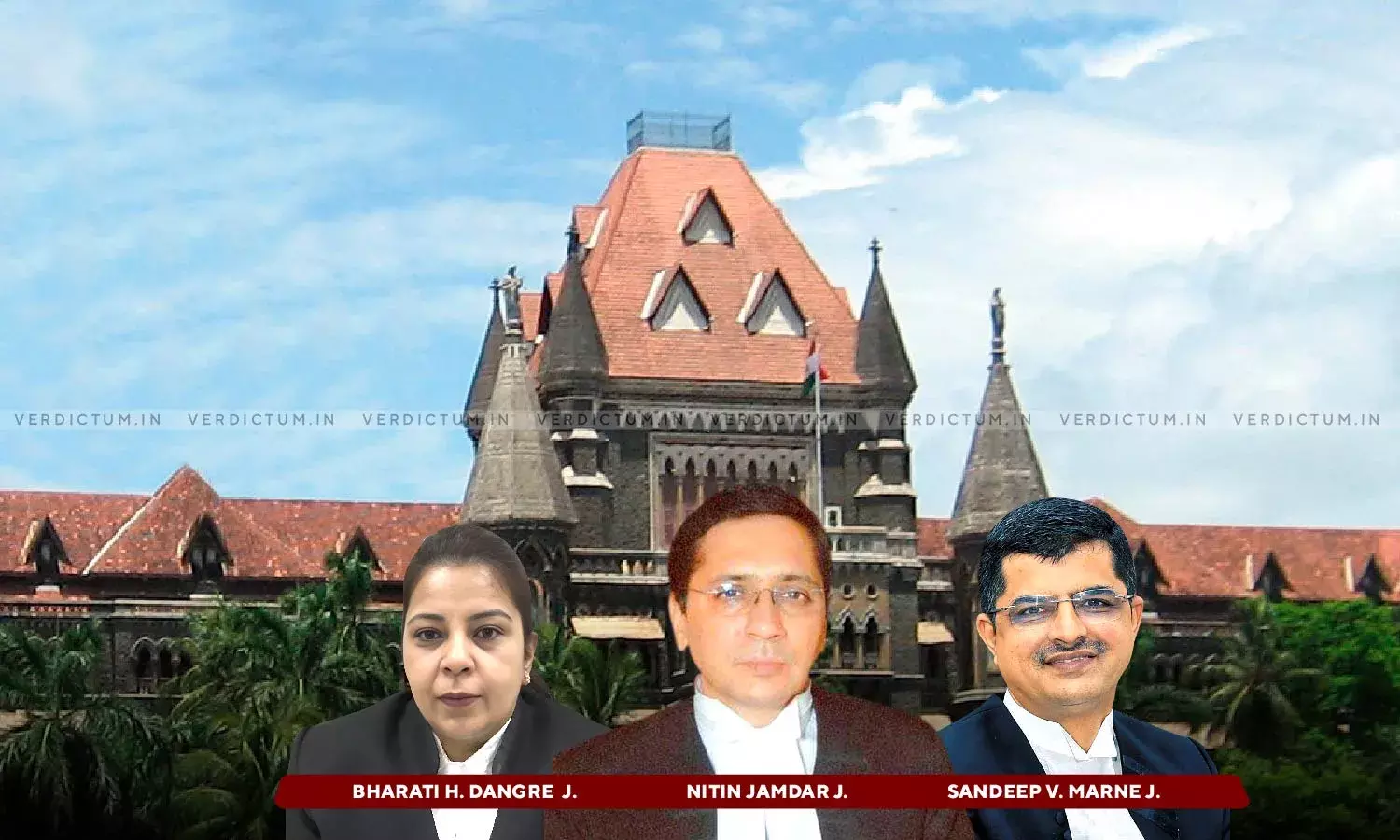Chapter XVII Bombay High Court Appellate Side Rules| Does Rule 18 Empower Single Judges Universally? Bombay HC Answers

The Bombay High Court clarified the scope of a Single Judge's powers under Rule 18 of Chapter XVII of the Bombay High Court Appellate Side Rules, 1960. The Court emphasized that the decision of the Division Bench in Shivaji Laxman Wadkar's case, which limited the jurisdiction of a Single Judge to specific quasi-judicial orders listed in Rule 18(3), is not binding. Instead, the Full Bench decision in Prakash Securities Pvt. Ltd. v/s. Life Insurance Corporation of India prevails. The Full Bench held that the Explanation to Clause (3) of Rule 18 covers orders of any quasi-judicial authority under any legislation, even if not explicitly mentioned in the rule. In this Writ Petition, the petitioner challenged an order passed by an arbitrator in Arbitration Petition. The petitioner filed the petition under Article 227 of the Constitution of India, involving provisions of the Micro, Small and Medium Enterprise Development Act, 2006, and the Arbitration and Conciliation Act, 1996.
A Full Bench of Justice Nitin Jamdar, Justice Bharati H. Dangre and Justice Sandeep V. Marne held, “it is declared that the decision of the Division Bench in the case of Shivaji Laxman Wadkar, which holds that only those quasi-judicial orders and enactments specified under Rule 18(3) of Chapter XVII of the 1960 Rules fall under the purview of a Single Judge, is per incuriam of the Full Bench decision in the case of Prakash Securities and, therefore, does not constitute a binding precedent.”
Advocate Siddharth A. Mehta appeared for the Petitioner and Advocate Alankar Kirpekar appeared for the Respondent.
The issue before the Court was whether the Single Judge's powers, as defined in Rule 18, applied universally to all judicial or quasi-judicial orders under any statute, even those not explicitly listed in the rule.
The respondent objected before the learned Single Judge that the petition should be listed before the Division Bench, citing judgments in similar cases. The petitioner argued that the matter should be heard by the Single Judge, referring to a previous Full Bench decision.
The dispute revolved around the interpretation of Rule 18 of Chapter XVII of the Bombay High Court Appellate Side Rules, 1960. Rule 18 delineates the scope of a Single Judge's powers to finally dispose of applications under Article 226 or 227 of the Constitution. The rule lists various categories of cases, ranging from orders of the Maharashtra Revenue Tribunal to orders under different statutes like the Industrial Disputes Act, Electricity Act, Motor Vehicles Act, and others, specifying whether they should be heard by a Single Judge or a Division Bench.
The Court clarified that the decision of the Division Bench in the case of Shivaji Laxman Wadkar and Ors. v/s. Election Returning Officer and Anr, WP(St.) No.24/2021 which held that only quasi-judicial orders specified under Rule 18(3) of Chapter XVII of the 1960 Rules fall under the jurisdiction of a Single Judge, is per incuriam of the Full Bench decision in the case of Prakash Securities Pvt. Ltd. v/s. Life Insurance Corporation of India, 2012(5) Mh.L.J. 312. The Court said Prakash Securities ruling, which interpreted the Explanation to Clause (3) of Rule 18 added in 1999, stands as the binding precedent. The Court added, “This view is directly contrary to the binding dicta of the Full Bench in Prakash Securities. The decision of the Full Bench in Prakash Securities rendered on 26 April 2012 was not brought to the notice of the Division Bench. The Division Bench has rendered its opinion without noticing the judgment of the Full Bench in Prakash Securities.”
The Full Bench reaffirmed that the Explanation covers orders of any quasi-judicial authority under any legislation, even if not specified in Clauses (1) to (43) of Rule 18. Therefore, the petition in question should be placed before the Single Judge for disposal on its merits.
Cause Title: M/s. Magnum Opus IT Consulting Pvt. Ltd. v. M/s. Artcad Systems
Click here to read/download Judgment


